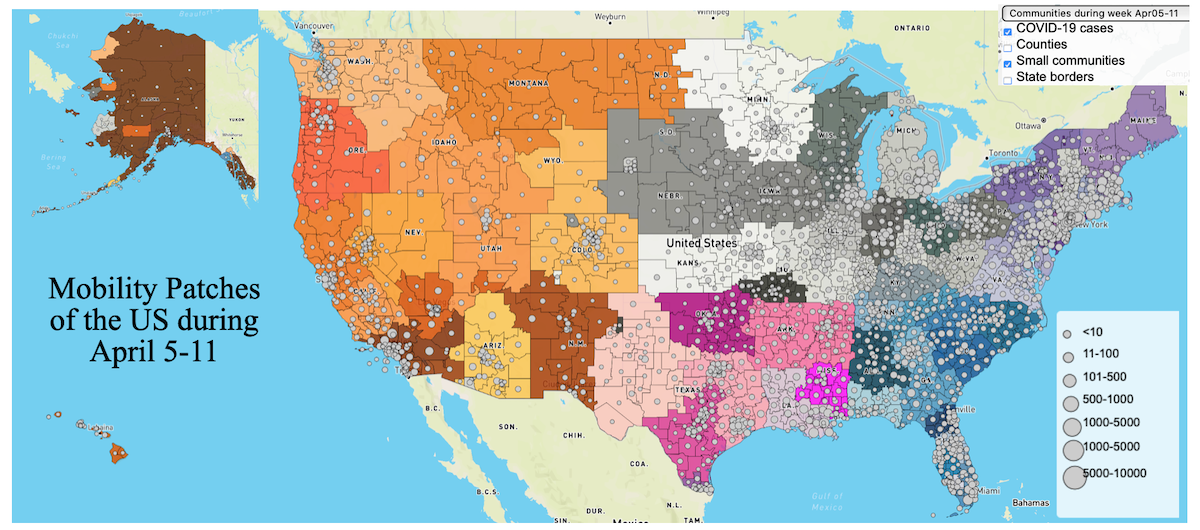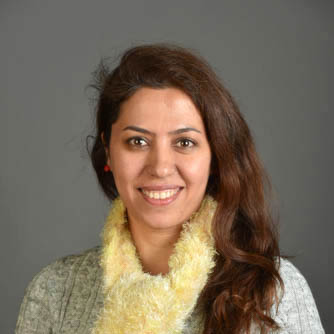
This post is part of the series 5 Questions with COVID Researchers. Hear from researchers across the Northeast United States about how they are working to mitigate the widespread impacts of COVID-19, and learn about opportunities for cross-disciplinary and cross-sector collaboration that could enable further progress in the fight against the pandemic. To learn more about COVID-related research, keep updated with virtual events and funding opportunities, and access other resources including datasets and guides, visit the COVID Information Commons. If you would like to be featured in this series, please email Katie Naum and Helen Yang.
Guest post by Dr. Leila Hedayatifar, Postdoctoral Researcher at the New England Complex Systems Institute, and Principal Investigator on NSF Award #2032536, “Modeling COVID-19 in the context of optimizing quarantine policy.”

Dr. Leila Hedayatifar joined NECSI as a postdoctoral researcher fellow. She holds a PhD in Physics. Leila’s research includes noisy time series, the growth of rough surfaces far from equilibrium, and the dynamics of complex social systems from a statistical physics point of view. She is interested in artificial intelligence and machine learning techniques that are applicable in social and economic systems. A major focus of her current research is understanding the structure of societies and changes in this structure over time, based on differing social and geographic properties and using statistical analysis and agent-based models. For EndCoronavirus, she is the PI in a NSF-granted project to optimize the quarantine policies using the mobility patterns of individuals and the severity of COVID-19 contagion in different areas. She is also developing a model to understand the evolution of the epidemic and to plan efficient management strategies.
